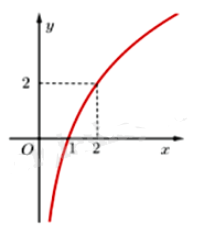Read the following passage about generation gap and mark the letter A, B, C, or D on your answer sheet to indicate the best answer to each of the following questions from 31 to 40.
[I] The generation gap refers to the differences in attitudes, values, and beliefs between older and younger generations. [II] With rapid advancements in technology and shifting societal norms, the generation gap has become more apparent. [III] As younger generations grow up with modern technology and global connectivity, they frequently experience a world vastly different from that of their parents and grandparents. [IV]
One of the key reasons behind the generation gap is the rapid pace of technological change. Older generations, who grew up in a world without the internet, smartphones, or social media, often find it difficult to relate to the digital lifestyles of younger people. On the other hand, younger generations have been exposed to technology from a young age, shaping their values and communication styles. Additionally, differences in social values, such as views on work, family, and personal freedom, also contribute to the gap. These differing experiences create misunderstandings and a lack of common ground between generations.
The consequences of the generation gap can be significant, especially in family dynamics and workplaces. In families, the divide can lead to conflicts between parents and children, as each generation struggles to understand the other’s worldview. In the workplace, generational differences may affect teamwork, communication, and productivity. Younger employees may prioritize flexibility and innovation, while older generations may value stability and traditional work ethics. These differences can lead to friction, decreased collaboration, and a sense of alienation among coworkers.
To bridge the generation gap, open communication and mutual understanding are essential. Both older and younger generations need to be open to learning from each other and appreciating different perspectives. For instance, older generations can offer wisdom and experience, while younger generations can share their knowledge of technology and new trends. Encouraging intergenerational dialogue through family discussions, mentoring programs, or team-building activities in the workplace can help foster respect and collaboration. By recognizing and embracing their differences, both generations can work together to create a more harmonious society.
According to paragraph 2, which of the following is NOT mentioned as a cause of the generation gap?
















